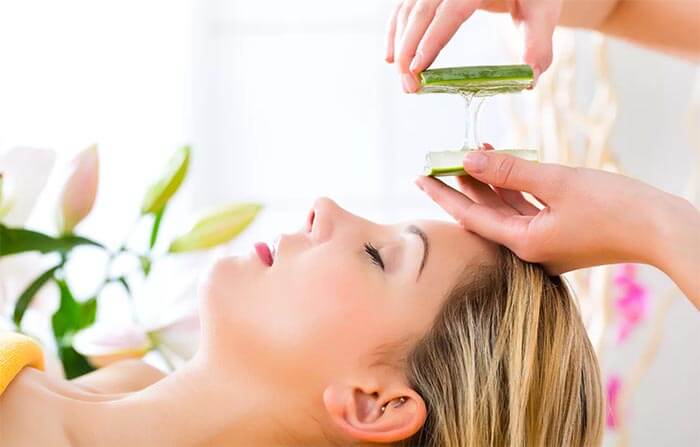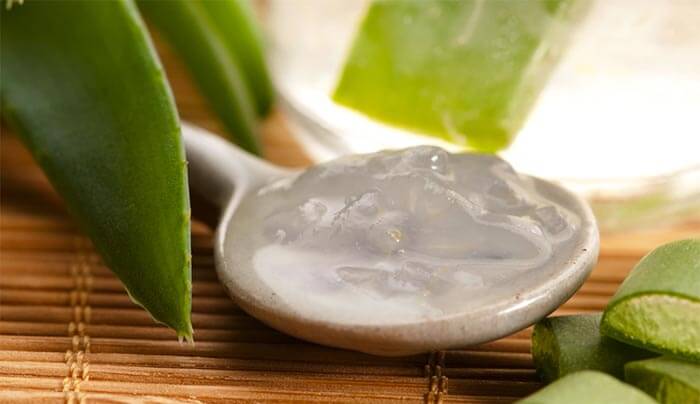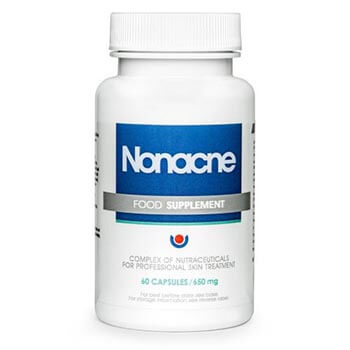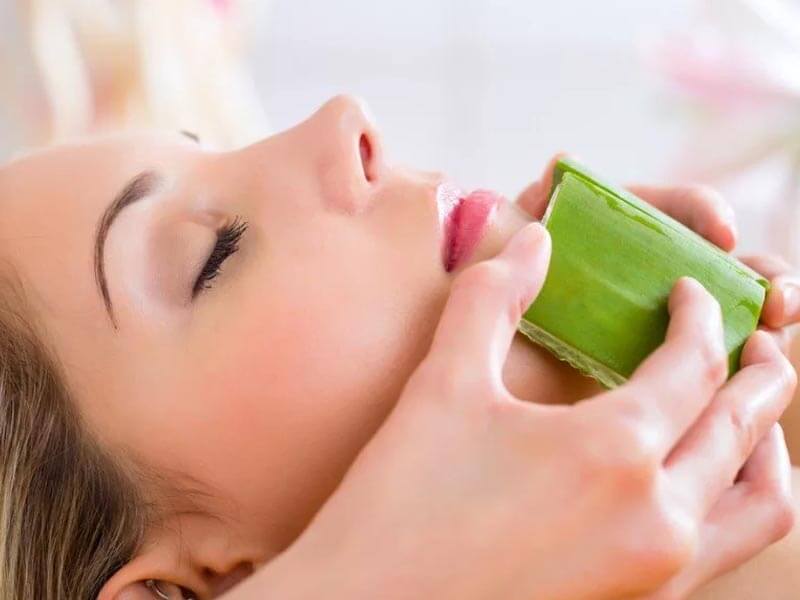There are plenty of ways to treat acne, such as dietary changes and highly technologically advanced drugs. Despite the multitude of choices, blemishes still occur among more than half of teenagers, making acne the most common skin disease ever known. One way to fight blackheads is to use plants that are considered medicinal. Aloe will be presented in the article below.
Table of content
- Causes of acne
- Aloe vera characteristics
- Aloe vera properties
- How to make aloe ointment?
- If not aloe, what?
Causes of acne
Nevertheless, acne, or its causes, will be briefly characterized at the beginning. The main cause of subcutaneous changes is endocrine disruption. which is why mainly teenagers suffer from acne. Hormonal changes lead to disorders in the structure of the skin, which results in the appearance of breakouts. If the skin is oily, the person is more likely to deal with acne. That is why, it is vital to take care of proper hygiene in order to minimize the risks of having pimples. An additional factor causing acne may be an inadequate diet rich in saturated fat and alcohol abuse. Fortunately, medicinal plants such as aloe vera can be used to treat acne.

Aloe vera characteristics
Contrary to appearances, aloe is not one plant. It is a genus of monocotyledonous plants covering about four hundred species. These include shrubs, trees and even lianas. These plants are found mainly in the Arabian Peninsula, Madagascar and throughout Africa. They have been used in medicine for years, the first notes about their use for this purpose come from the 14th-century. All aloe species, except from the popular Aloe Vera cosmetics, are protected.

Aloe vera properties
Aloe vera has multiple properties. It has bactericidal features and, its extract perfectly kills bacteria on the skin. It also has anti-inflammatory effects. Moreover, it soothes irritations and inflammation. It regenerates skin particles, thanks to which the epidermis can be replaced. It has moisturizing properties and makes the skin silky and smooth. It provides the skin with nutrients necessary for its proper functioning and eliminates itching well. No one should be surprised that aloe is found in so many cosmetics and medicines. Recent research shows that aloe vera can be used with any form of acne and always provides great results. (1)

How to make aloe ointment?
Interestingly, aloe ointment can be made at low cost at home. Its quality will not differ from the one purchased at thepharmacy. You should peel a few aloe leaves and cool them in the fridge for fifteen minutes. Then crush them so that the juice flows out. Pour the paste with boiled water and the finished product should have a gel consistency. In order to make an ointment, it is necessary to cook the whole thing until it thickens and then to cool it down. Apply the mask on your face three or four times a week to ensure the best results.

If not aloe, what?
There are people who do not wants to make aloe ointment themselves, and it is hard to get good plant leaves in Poland, unless you plant it on your own. For this reason, I recommend using one of the acne supplements available on the market. They help combat the cause of blackheads, not just the visible effects. One of them is Nonacne capsules, their formula is based solely on natural ingredients.

They will allow acne to heal quickly and after four weeks of treatment you will enjoy renewed and healthy face skin. Is this a better alternative than using aloe vera? In my opinion, it depends on the individual needs of acne patients.
- Agarry OO, Olaleye MT, Bello-Michael CO. Comparative antimicrobial activities of Aloe Vera gel and leaf. Afr J Biotechnol. 2005; 4(12):1413-1414.



